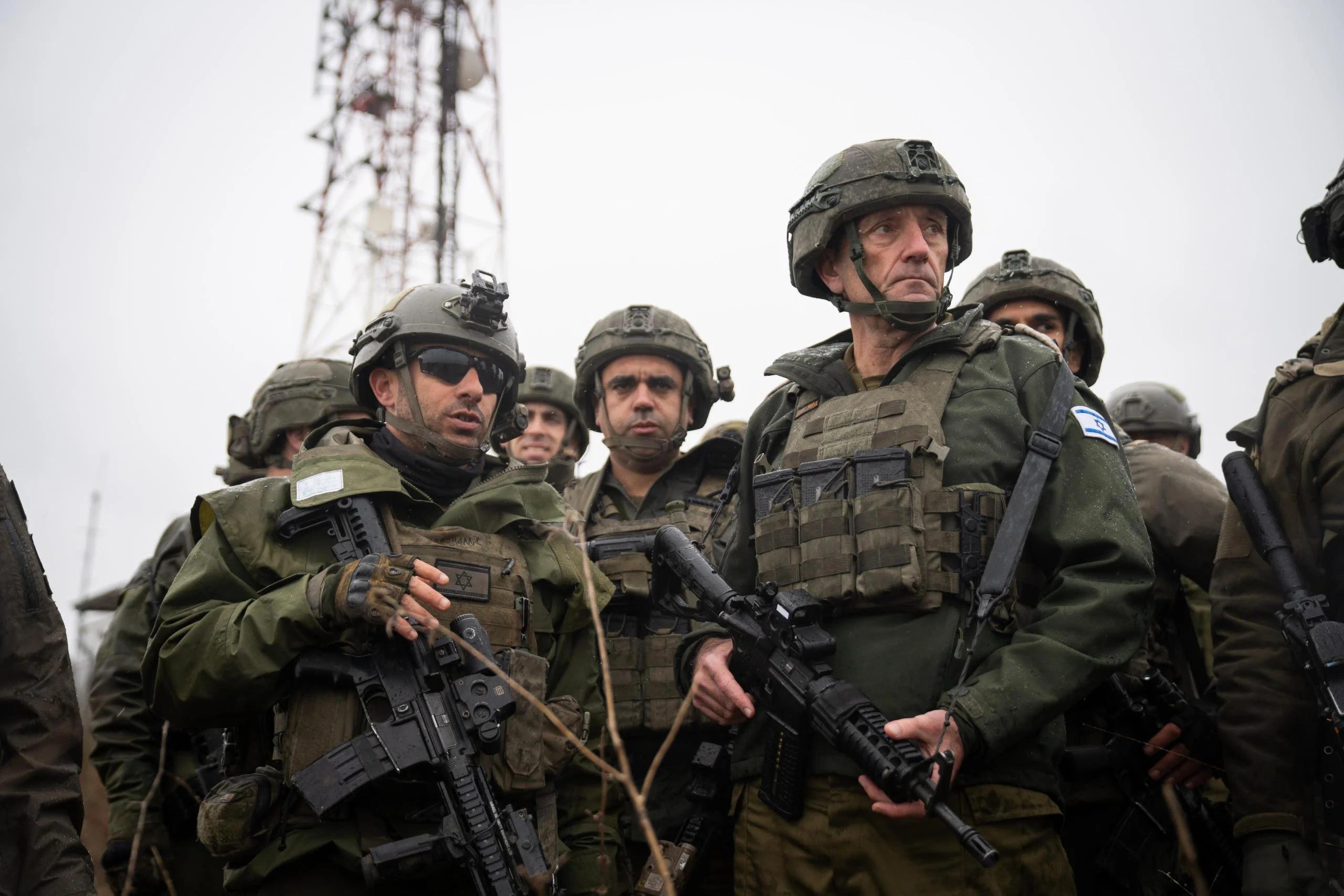Halevi in situational assessment in South Lebanon
IDF Chief of Staff: True Victory Over Hezbollah Lies in Northern Israel's Revival
IDF Chief of Staff Herzi Halevi declared that Israel’s true victory over Hezbollah will not only be military, but also socio-economic, marked by the return of residents to northern Israel. Halevi’s remarks came during a situational assessment conducted on Sunday in southern Lebanon, where he emphasized that military success alone is not enough for lasting peace in the region.

Accompanied by senior military leaders, including Northern Command Chief MG Ori Gordin, 146th Division Commander BG Yiftach Norkin, and 300th Brigade Commander COL Omri Rosenkrantz, Halevi outlined a vision for the long-term recovery of northern Israel. He pointed out that while Israel has already achieved a clear military victory, the ultimate goal is the restoration of normal life in northern communities.
Halevi explained, "True victory over Hezbollah will be when many residents return to live in northern Israel. We envision a thriving region, with bustling tourism, reopened restaurants and cafes, cyclists on the roads, and agriculture flourishing. Everything should be thriving. This is the long-term victory we seek, and the state must play a key role in making this vision a reality."
The Chief of Staff further emphasized that the state's involvement would be crucial in supporting the reconstruction and revitalization efforts needed for the region's recovery.
In a related development, Israel Hayom reported that Israeli officials are considering maintaining an IDF presence in several strategic positions in southern Lebanon, even after the 60-day withdrawal deadline set by the ceasefire agreement. The decision is driven by concerns over the slow deployment of Lebanese Armed Forces in the region, as well as the ongoing discovery of Hezbollah's weapons and infrastructure. There are also worries about Hezbollah’s attempts to re-establish itself with the support of Iran. These issues have led to discussions within Israel's security establishment regarding the continued presence of Israeli forces in key locations to prevent further Hezbollah entrenchment.